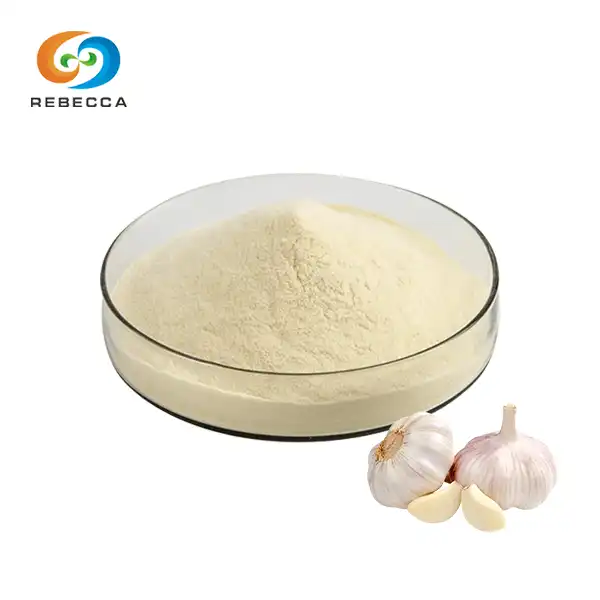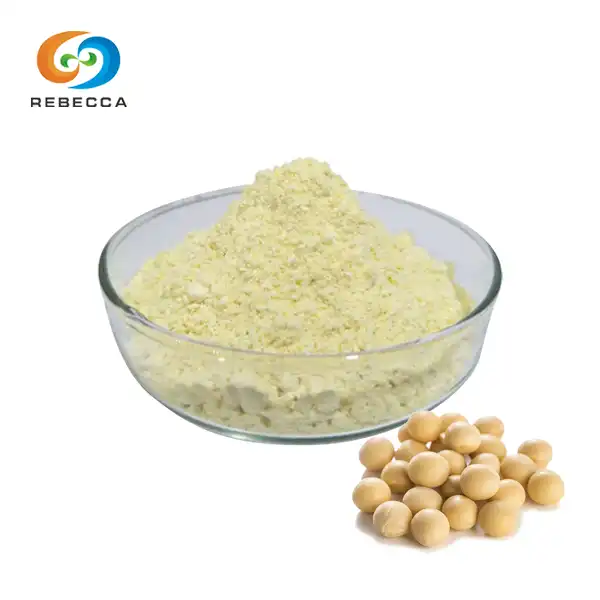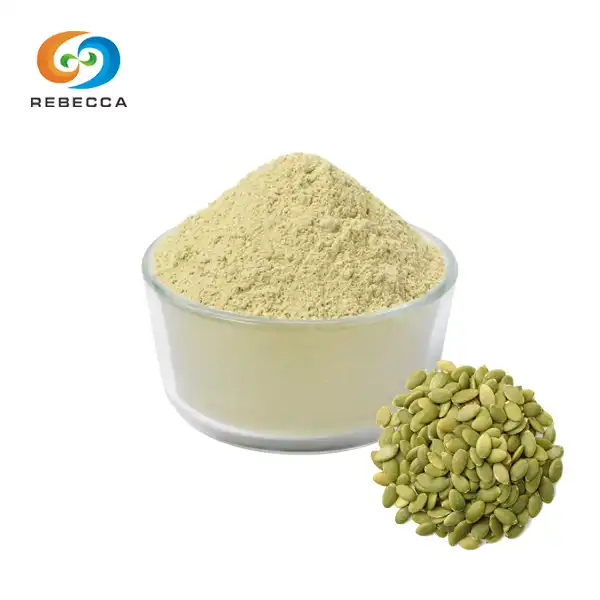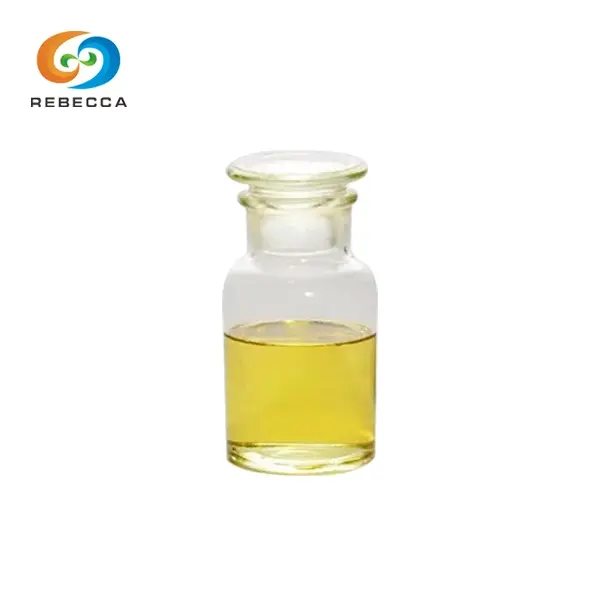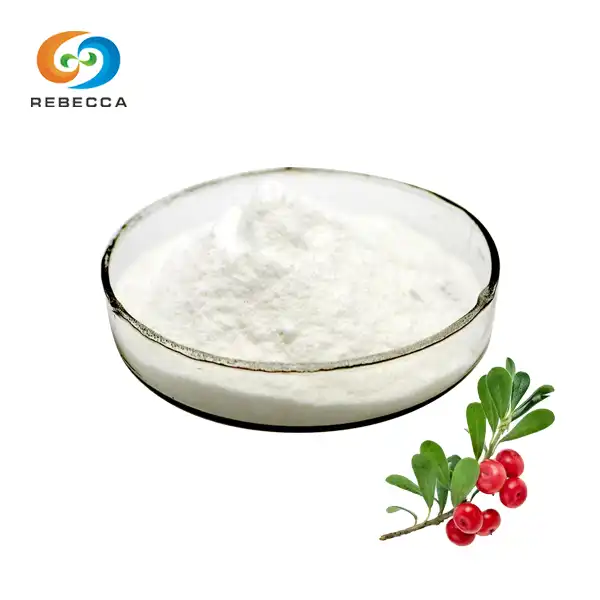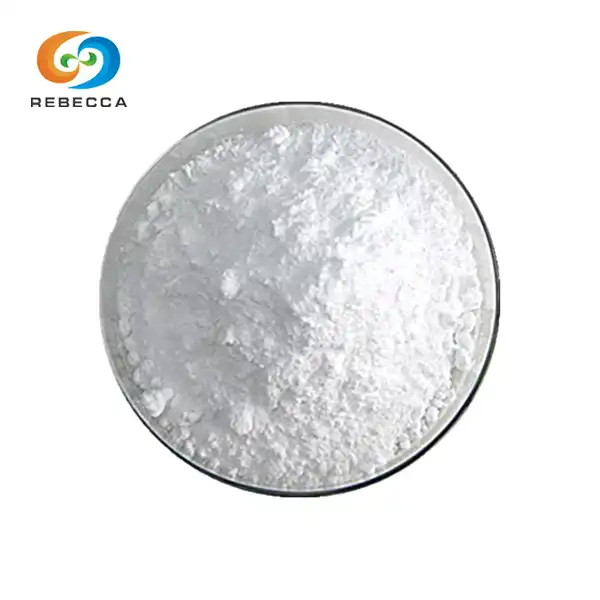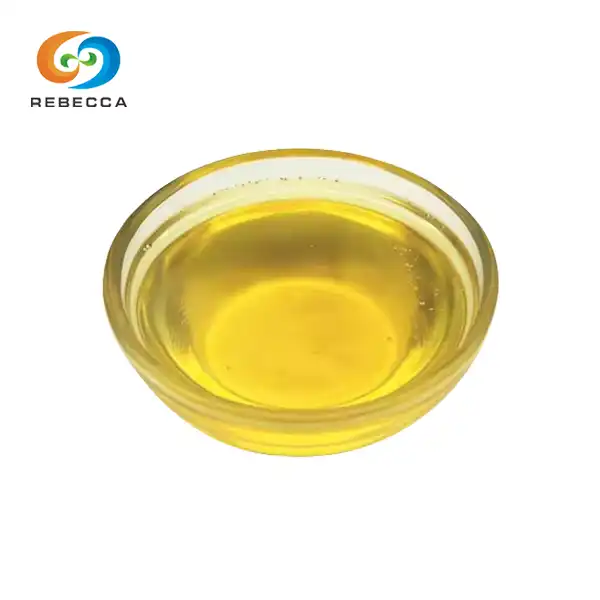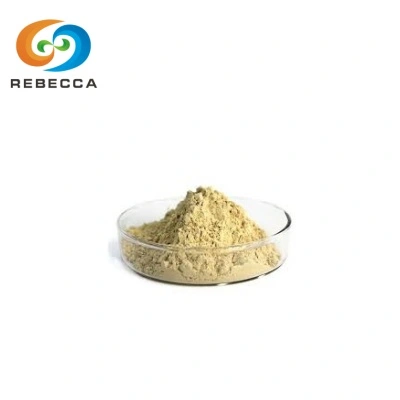Is curcumin safe for dogs?
As devoted pet guardians, we are continually searching for natural methods to enhance the health and happiness of our beloved pets. One supplement that has surged in popularity lately is curcumin powder, the active ingredient derived from turmeric. However, prior to incorporating this golden spice into your dog's meals, it's vital to comprehend its safety, advantages, and possible drawbacks.
Curcumin 98%, a substance known for its anti-inflammatory and antioxidant benefits, has been utilized in traditional medicine for ages. While its advantages for humans are extensively recognized, numerous pet owners are curious about its safety and efficacy for their dogs. In this thorough guide, we will delve into the safety of curcumin for dogs, suggested dosages, and optimal methods to weave it into your pet's nutrition.

Safety
The positive aspect is that curcumin powder is widely regarded as safe for dogs when utilized correctly. Numerous veterinarians and animal health specialists acknowledge its potential advantages and endorse it as a natural supplement for various canine health concerns. Nevertheless, as with any supplement, it’s vital to grasp the appropriate application and possible side effects.
The safety profile of curcumin in dogs is backed by various studies. A 2016 investigation published in the Journal of Animal Science and Technology revealed that dietary curcumin supplementation posed no detrimental effects on the health condition of dogs. The researchers noted enhancements in antioxidant status and a decrease in inflammatory markers, implying possible health benefits.
Despite its generally secure nature, there are certain precautions to consider:
①Allergic reactions: Although infrequent, some dogs might be allergic to curcumin or turmeric. Begin with a small dose and observe for any signs of allergic responses, such as itching, swelling, or trouble breathing.
② Digestive issues: In certain instances, high doses may lead to gastrointestinal upset, having symptoms like diarrhea or nausea. If you observe any digestive disturbances, lower the dose or stop usage and seek guidance from your veterinarian.
③ Blood-thinning effects: It possesses mild anticoagulant properties. If your dog is on anticoagulant medications or has a bleeding disorder, consult your vet prior to using curcumin supplements.
④ Interactions with medications: It might interact with specific medications, including anti-inflammatory drugs and chemotherapy agents. Always update your veterinarian regarding any supplements you are administering to your dog.
It’s essential to emphasize that while curcumin 98% is typically safe, the quality and purity of the supplement significantly influence its safety profile. Opt for high-quality, pet-specific supplements from trustworthy manufacturers to ensure you are providing your dog with a safe and effective product.

Curcumin Dosages For Dogs
Finding the correct dosage of curcumin powder for your canine companion is crucial for ensuring both safety and efficacy. The ideal amount may differ based on your dog's weight, medical condition, and the specific type of supplement. It’s always advisable to talk to your veterinarian to identify the best dosage for your furry friend.
Although there is no universally accepted dosage in dogs, some basic guidelines can help you get started: ① Small dogs (under 20 lbs): 50-150 mg daily ② Medium dogs (20-50 lbs): 150-250 mg daily ③ Large dogs (over 50 lbs): 250-500 mg daily
These recommendations are based on turmeric extracts that are standardized to contain 95% curcuminoids. If you're utilizing turmeric powder, which has only 2-5% curcumin, you’ll need to modify the dosage accordingly. A general guideline is to administer 1/8 to 1/4 teaspoon of turmeric powder per 10 pounds of body weight each day.

Dog Supplements
When it comes to administering curcumin to your dog, you have several options. Each form has its advantages, and the best choice depends on your dog's preferences and your convenience.
①Chewable tablets: These are often flavored to appeal to dogs and can be given as treats. They're easy to administer and provide precise dosing.
② Capsules: These can be hidden in food or treats. Some dogs may swallow them whole, while others might need the capsule opened and the contents mixed with food.
③ Powders: These can be easily mixed into your dog's food or water. They offer flexibility in dosing but may alter the taste of your dog's food.
Rebecca Curcumin
When considering curcumin supplements for your dog, it's crucial to choose a high-quality product from a reputable manufacturer. Rebecca Bio-Tech is a professional manufacturer that offers a range of products suitable for various applications, including pet supplements.
Rebecca Bio-Tech produces curcumin with specifications ranging from 10% to 95% purity, meeting CP (Chinese Pharmacopoeia), EP (European Pharmacopoeia), and USP (United States Pharmacopeia) standards. This wide range of purity levels allows for flexibility in formulating pet supplements, ensuring that manufacturers can create products tailored to the specific needs of dogs.
The company's commitment to quality and adherence to international pharmacopeia standards is crucial when considering curcumin powder for pet use. These standards ensure that the curcumin is free from contaminants and meets strict purity requirements, which is essential for the safety and efficacy of pet supplements.
While Rebecca Bio-Tech produces high-quality turmeric extract, it's important to note that they are a raw material supplier and do not produce finished pet supplements. Pet owners should look for reputable pet supplement manufacturers who source their curcumin from quality suppliers like Rebecca Bio-Tech.
If you're a supplement manufacturer interested in sourcing curcumin for pet products, you can contact Rebecca Bio-Tech for more information at information@sxrebecca.com. As a pet owner, you can inquire about supplements that use Rebecca Bio-Tech's turmeric extract in their formulations, ensuring you're providing your dog with a high-quality curcumin source.

References
1. Farinacci, M., Gaspardo, A., Colitti, M., & Stefanon, B. (2016). Dietary supplementation with curcumin modulates inflammatory response in dogs. Journal of Animal Science and Technology, 58(1), 1-9.
2. Sugiharto, S., Yudiarti, T., Isroli, I., Widiastuti, E., & Putra, F. D. (2019). Effect of dietary supplementation with Rhizopus oryzae or Chrysonilia crassa on growth performance, blood profile, intestinal microbial population, and carcass traits in broilers exposed to heat stress. Archives of Animal Nutrition, 73(2), 98-110.
3. Saha, S., Khuda-Bukhsh, A. R., & Pathak, S. (2021). Curcumin and its derivatives against cancers: From basic research to clinical applications. Biomedical Research and Therapy, 8(5), 4273-4295.
4. Hewlings, S. J., & Kalman, D. S. (2017). Curcumin: A review of its effects on human health. Foods, 6(10), 92.
5. Prasad, S., Tyagi, A. K., & Aggarwal, B. B. (2014). Recent developments in delivery, bioavailability, absorption and metabolism of curcumin: the golden pigment from golden spice. Cancer research and treatment: official journal of Korean Cancer Association, 46(1), 2.
